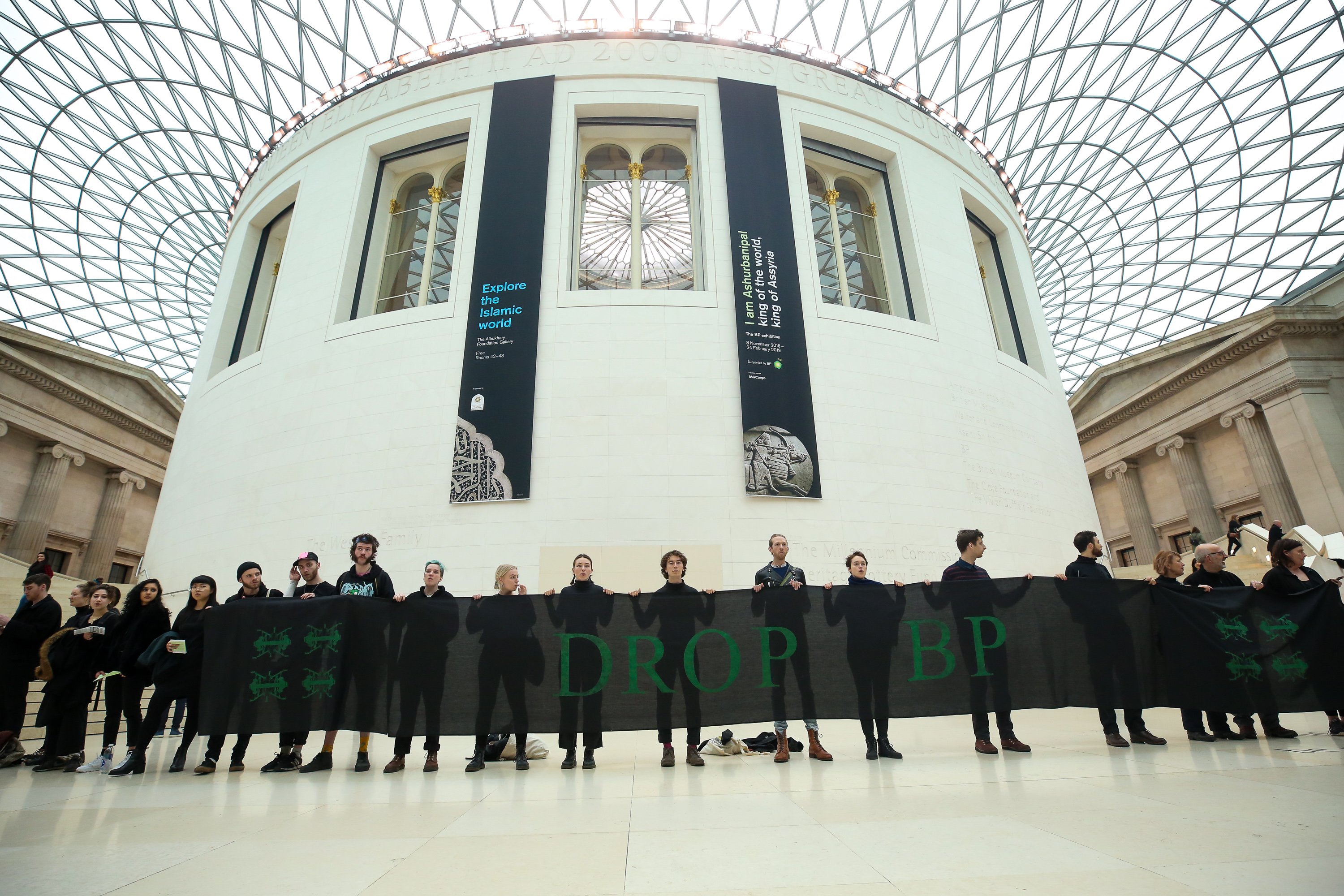
Should museums’ core mission be preserving the world’s cultural heritage, or should they use their collections to promote human dignity, social justice, global equality, and planetary well-being? That is the question facing the international museum community as it wrestles with bringing its definition of what a museum should be into the 21st century.
Next month, thousands of members of the International Council of Museums (ICOM), which represents 20,000 institutions worldwide, are due to meet in Japan to formally ratify a new definition of what makes a museum a museum. The radical new definition, which was accepted by ICOM’s board in July, has divided its national members, some of whom are lobbying to get the vote postponed to avoid a possible rift. Critics fear it is too “ideological,” while others are concerned that traditional values of research and education are being downgraded.
For the past half century, ICOM’s definition has remained the same while the world in which they operate has changed. The current definition states that a museum is: “A nonprofit institution” that “acquires, conserves, researches, communicates, and exhibits the tangible and intangible heritage of humanity and its environment for the purposes of education, study, and enjoyment.”
The new definition finalized in July declares: “Museums are democratizing, inclusive, and polyphonic spaces for critical dialogue about the pasts and the futures.” The new wording stresses the importance of championing human justice, equality, and the wellbeing of the planet. It also suggests that museums acknowledge and address the conflicts and challenges of the present, while “[guaranteeing] equal rights and equal access to heritage for all people.”
The new definition could present challenges to museums such as the Louvre. Photo: Loic Venance AFP/Getty Images.
A Problem for Museums Like the Louvre?
Last week, some 24 national branches of ICOM issued a petition to postpone the vote. Countries that have voiced “concerns” include France, Italy, Spain, Germany, Canada, and Russia.
Juliette Raoul-Duval, the chair of ICOM France, told The Art Newspaper the new definition on the table is an “ideological” manifesto. François Mairesse, a professor at the Université Sorbonne Nouvelle who resigned from the ICOM committee that drew up the new definition, fears it will cause a rift in the organization. He called the new definition “a statement of fashionable values, much too complicated, and partly aberrant.” He added that it would be a problem for most French museums, including the Louvre, to embrace the new definition.
Meanwhile, Klaus Staubermann, the CEO of ICOM Germany, which also wants the vote postponed, tells artnet News that he had specific concerns about words that have been omitted. “The previous definition had keywords like ‘institution’ and ‘education,’ which the new version does not carry. Both these words are very important, because their presence has a crucial effect on legislation in the German states,” he explained. Still, Staubermann says that postponing the decision is less about those specific concerns “and more about giving time to the discussion worldwide to address and accommodate everyone’s concerns.”
What is at stake at the Kyoto meeting on September 7 is more than a battle over terminology. It reflects a debate that has been taking place for the past four decades around whether museums can ever be ideologically neutral spaces. It also reflects a desire since at least the 1980s for museums to be meeting places where ideas can be discussed, turning the museum from a traditional “temple” to a more democratic “forum.” The debate has been given added urgency as institutions in the West face increasing pressure over their colonial-era collections, sources of funding, and historic under-representation of women’s history in particular.
Jette Sandhal, the Danish curator who has led the committee drawing up the new ICOM definition, comes from the radical end of the profession. The founding director the Women’s Museum of Denmark, she turned the ethnological collections of Gothenburg in Sweden into the Museum of World Cultures. Its inaugural exhibitions included an installation by the US artist Fred Wilson and a show about responses to the AIDS/HIV epidemic around the globe.
Sandhal posted a video in March in which she compared the new definition to a “backbone” that would give institutions strength while maintaining room for flexibility. She predicted that if a new definition is not agreed, the conversation will continue as it has for the past “20 years.”